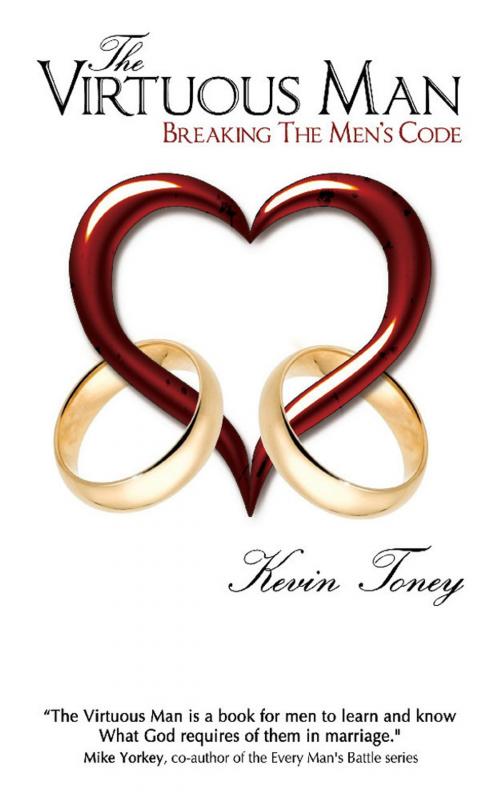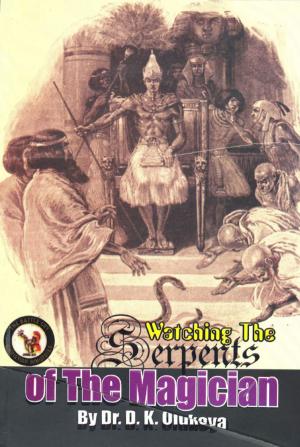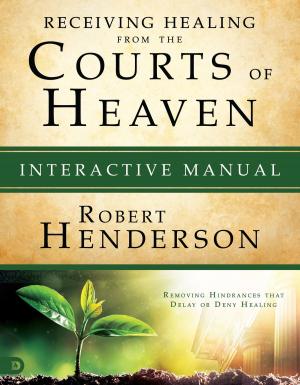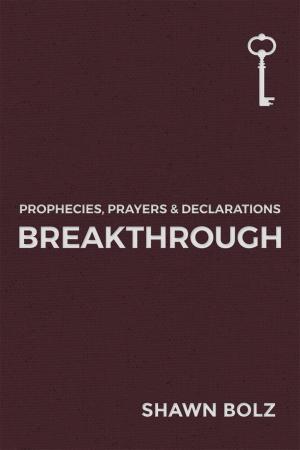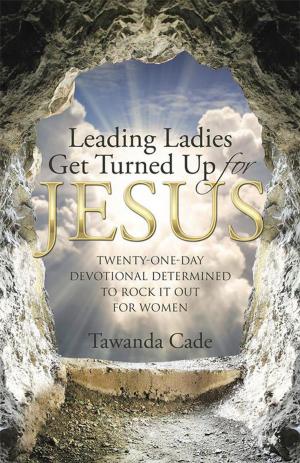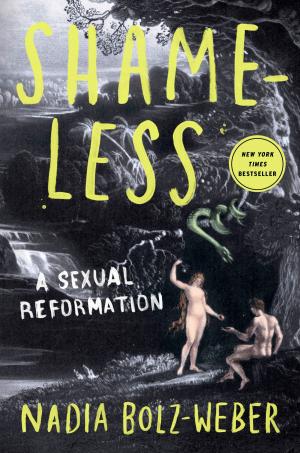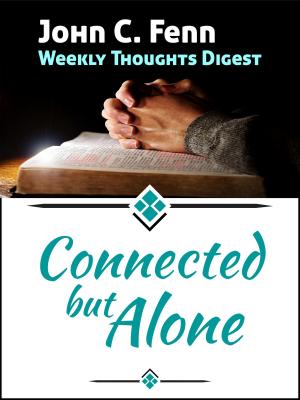The Virtuous Man: Breaking The Men's Code
Nonfiction, Family & Relationships, Relationships, Marriage, Religion & Spirituality, Christianity, Christian Life| Author: | Kevin Toney | ISBN: | 9780984022823 |
| Publisher: | Kevin Toney | Publication: | June 1, 2012 |
| Imprint: | Smashwords Edition | Language: | English |
| Author: | Kevin Toney |
| ISBN: | 9780984022823 |
| Publisher: | Kevin Toney |
| Publication: | June 1, 2012 |
| Imprint: | Smashwords Edition |
| Language: | English |
The Virtuous Man: Breaking the Men's Code, by musician, composer, and author Kevin Toney, is both autobiographical journey and learning tool. Mr. Toney states that there is a "men's code" that is impressed onto a man beginning at boyhood. This "code" is in direct contradiction to "God's code" on how men should behave as husbands, fathers, sons, and brothers. "The book begins by telling the story of how I learned and embraced the 'Men’s Code,' Mr. Toney says, "its early beginnings, its rise to power, my crash and my point of turning things around. Then the book becomes a bible manual for men to study God’s word on becoming virtuous." He speaks about the first time his father had "the talk" with him and his brothers, through encounters in high school, meeting his future wife, and how by following this unwritten "men's code" he nearly brought his 25-year marriage to an end.
Mr. Toney's turning point came when his wife confronted him about an affair he was having. He was told to leave his house and, after spending a night at a hotel, he called his friend James Newton whom he had tried unsuccessfully to reach the night before to use him as an alibi. Mr. Newton said he wouldn't have agreed to be his alibi, and instead told Mr. Toney how he had been in a similar situation and lost his wife in a divorce. "He told me," says Mr. Toney, "that if I loved my wife and family, that I should fight for them and do whatever was necessary to change my predicament. He then directed me to read Bible verses that clearly pointed out the sin of adultery, its consequences and what God directs us to do regarding our marriage... He then gave me his pastor’s telephone number who recommended us to a marriage counselor."
There are several important things to learn from observing this brief story. First, he needed to be confronted with his sin. Men rarely admit sin to themselves. Second, he was given the standard by which to measure both his inward heart attitude and his outward social behavior. Without this standard -- "God's code" -- there could be no real change. Third, he was given assistance. The marriage counselor was a Christian, and the counselor helped both Mr. Toney and his wife deal with his infidelity and its consequences. They needed to be guided and encouraged through this time in their marriage. It would be impossible to restore it on their own.
The second part of the book comprises 13 chapters devoted to specific topics such as "Understanding What Love Is, "Divorce" and "Making Choices, Making Changes." The chapters are arranged so that there is a narrative lesson; bible verses for study; notes on the bible passages to aid in making observations, drawing conclusions, and applying change; five questions for self-reflection; and blank pages for journaling.
The third part of the book on additional resources takes some of the best from existing publications and puts them at the reader's fingertips.
I recommend this for both men and women, married and unmarried. Ladies, you will be hard pressed to find in another book what men, including your man, assimilate into their thinking, how they do it, and how it affects them.
The Virtuous Man: Breaking the Men's Code, by musician, composer, and author Kevin Toney, is both autobiographical journey and learning tool. Mr. Toney states that there is a "men's code" that is impressed onto a man beginning at boyhood. This "code" is in direct contradiction to "God's code" on how men should behave as husbands, fathers, sons, and brothers. "The book begins by telling the story of how I learned and embraced the 'Men’s Code,' Mr. Toney says, "its early beginnings, its rise to power, my crash and my point of turning things around. Then the book becomes a bible manual for men to study God’s word on becoming virtuous." He speaks about the first time his father had "the talk" with him and his brothers, through encounters in high school, meeting his future wife, and how by following this unwritten "men's code" he nearly brought his 25-year marriage to an end.
Mr. Toney's turning point came when his wife confronted him about an affair he was having. He was told to leave his house and, after spending a night at a hotel, he called his friend James Newton whom he had tried unsuccessfully to reach the night before to use him as an alibi. Mr. Newton said he wouldn't have agreed to be his alibi, and instead told Mr. Toney how he had been in a similar situation and lost his wife in a divorce. "He told me," says Mr. Toney, "that if I loved my wife and family, that I should fight for them and do whatever was necessary to change my predicament. He then directed me to read Bible verses that clearly pointed out the sin of adultery, its consequences and what God directs us to do regarding our marriage... He then gave me his pastor’s telephone number who recommended us to a marriage counselor."
There are several important things to learn from observing this brief story. First, he needed to be confronted with his sin. Men rarely admit sin to themselves. Second, he was given the standard by which to measure both his inward heart attitude and his outward social behavior. Without this standard -- "God's code" -- there could be no real change. Third, he was given assistance. The marriage counselor was a Christian, and the counselor helped both Mr. Toney and his wife deal with his infidelity and its consequences. They needed to be guided and encouraged through this time in their marriage. It would be impossible to restore it on their own.
The second part of the book comprises 13 chapters devoted to specific topics such as "Understanding What Love Is, "Divorce" and "Making Choices, Making Changes." The chapters are arranged so that there is a narrative lesson; bible verses for study; notes on the bible passages to aid in making observations, drawing conclusions, and applying change; five questions for self-reflection; and blank pages for journaling.
The third part of the book on additional resources takes some of the best from existing publications and puts them at the reader's fingertips.
I recommend this for both men and women, married and unmarried. Ladies, you will be hard pressed to find in another book what men, including your man, assimilate into their thinking, how they do it, and how it affects them.
